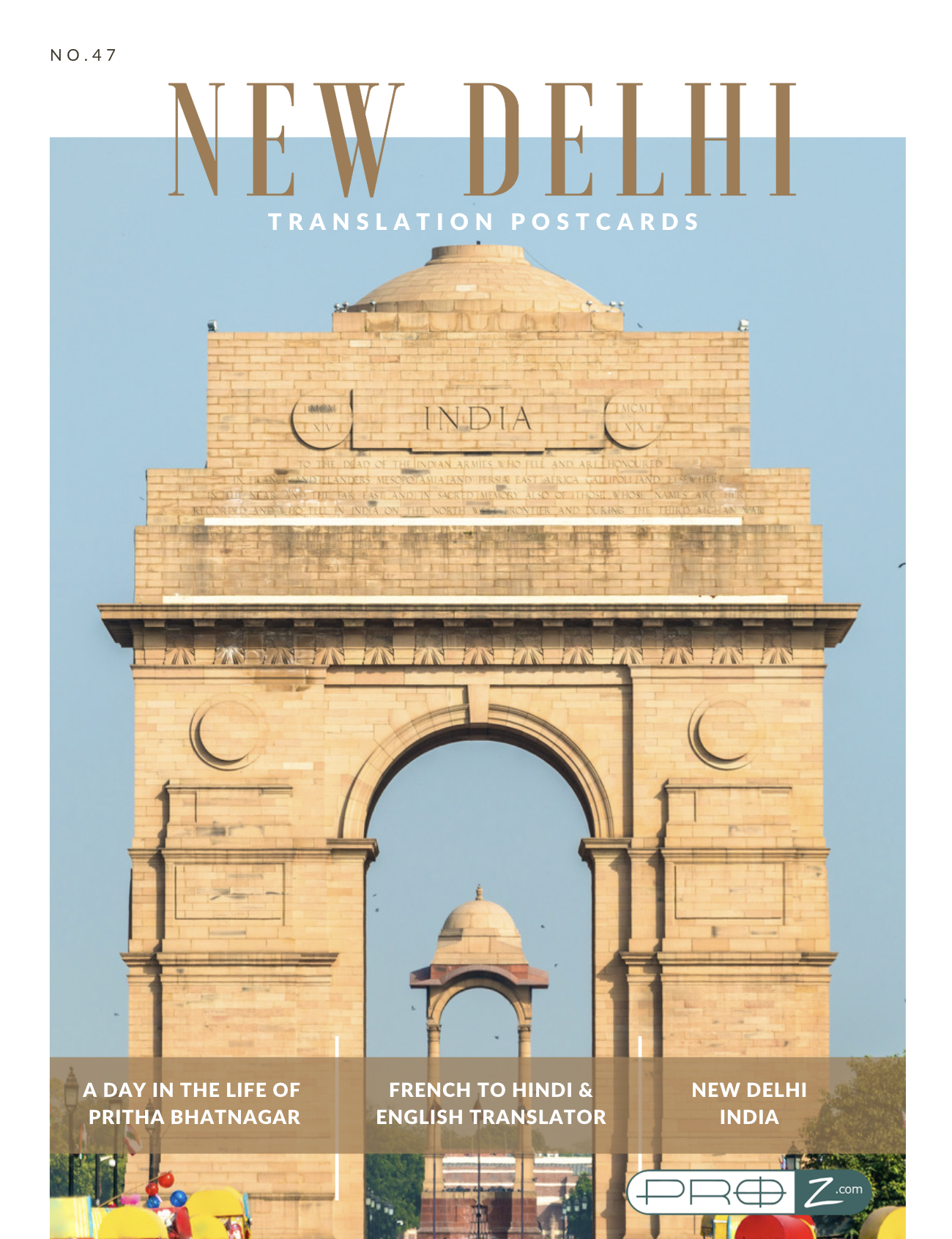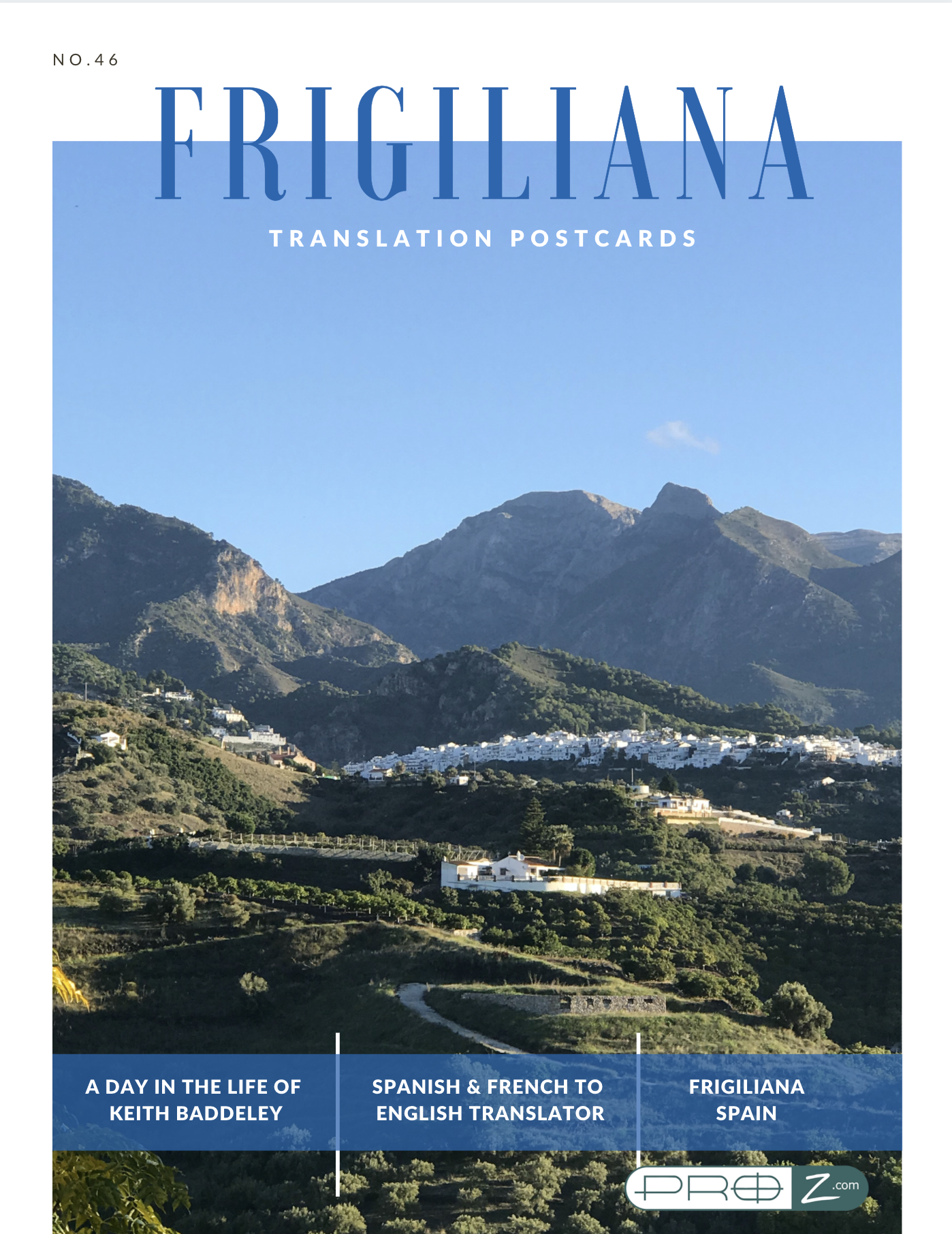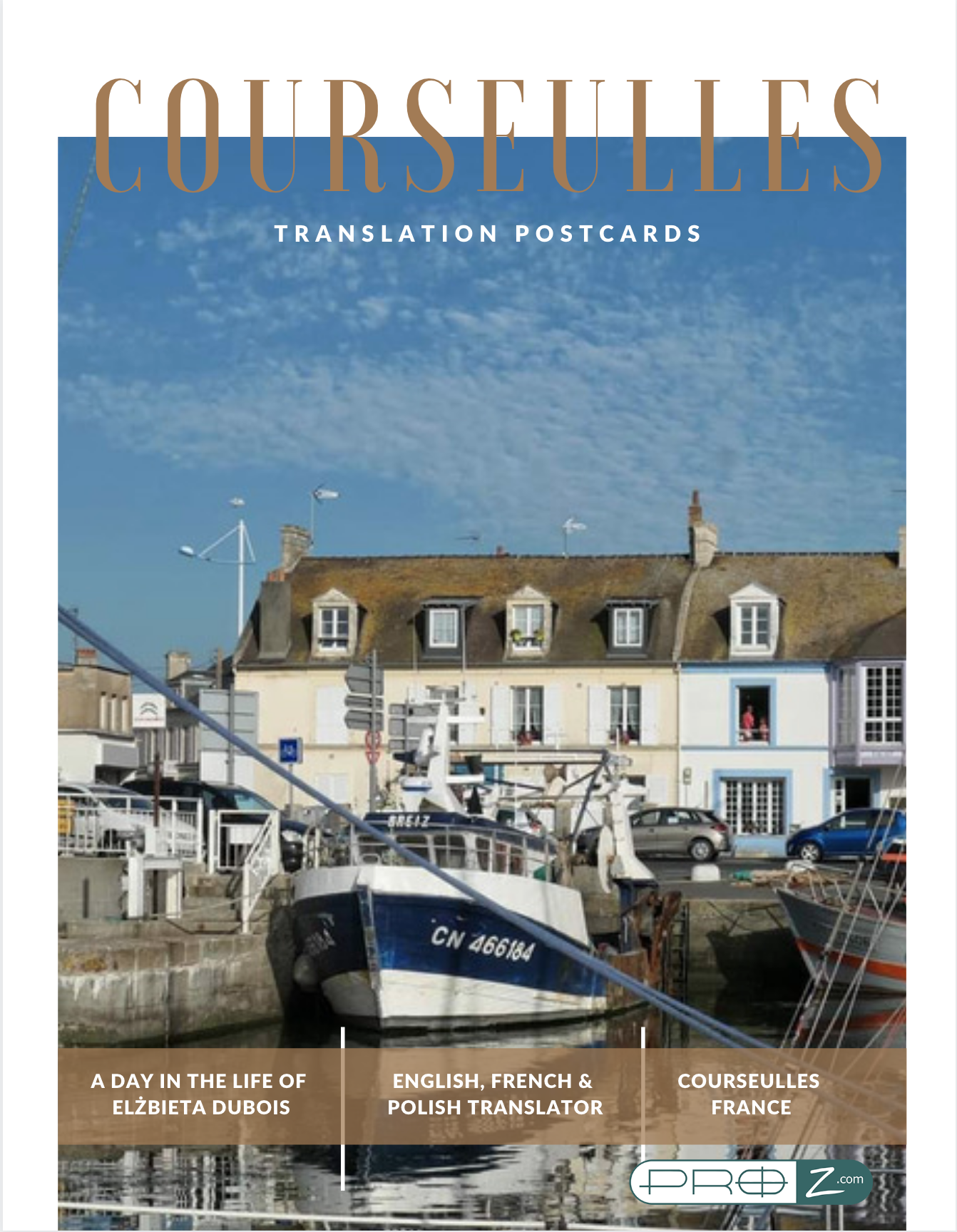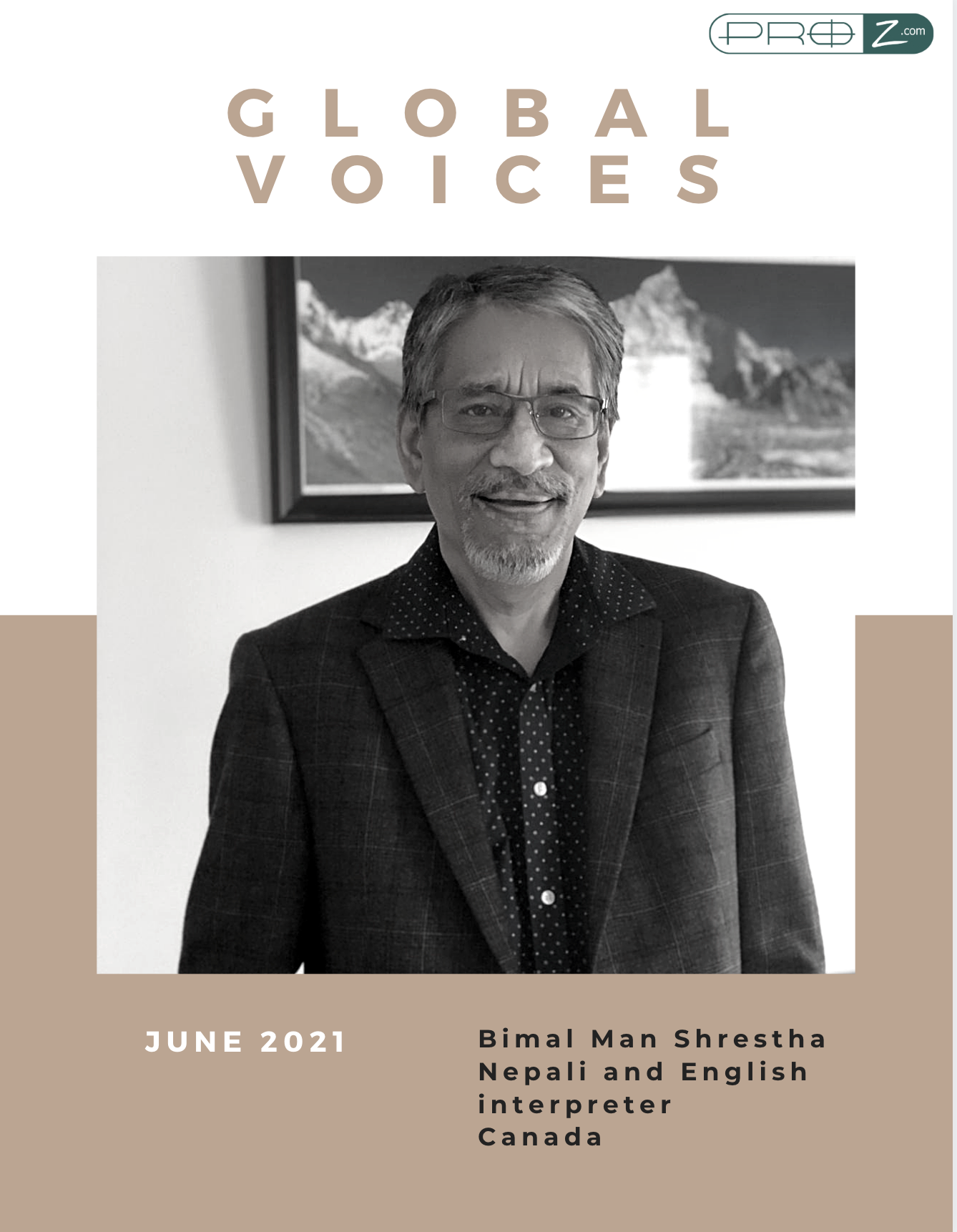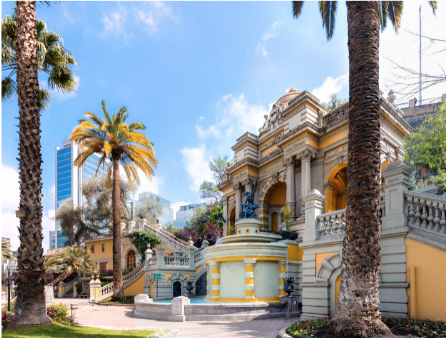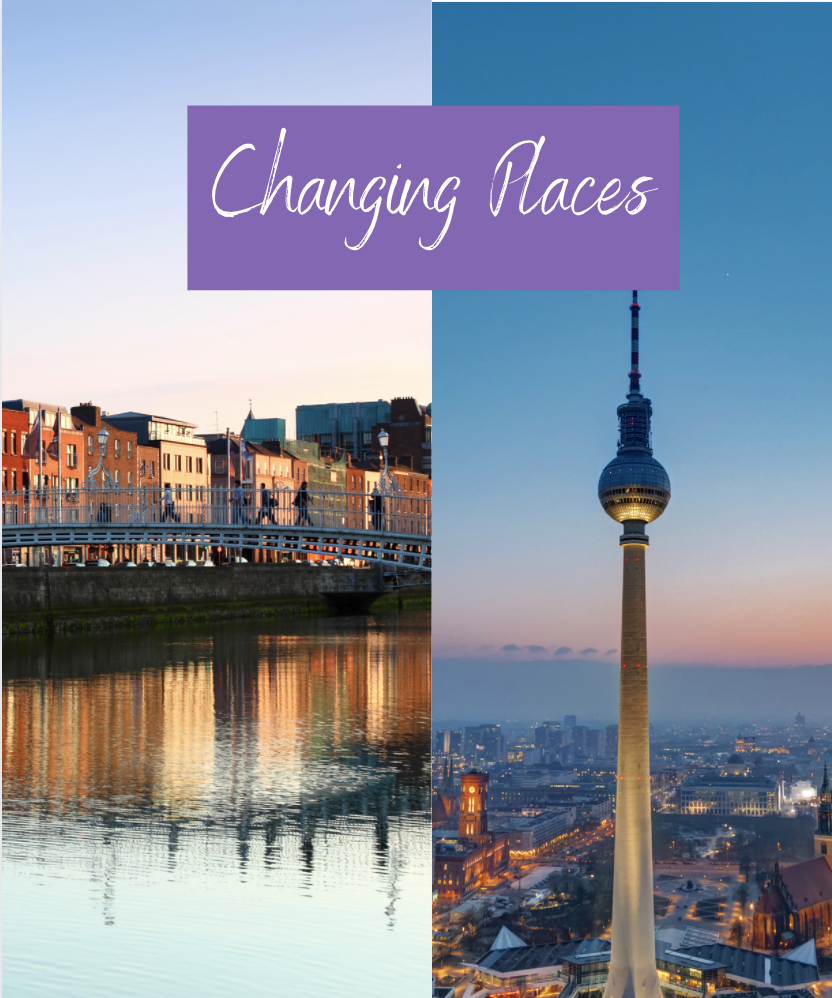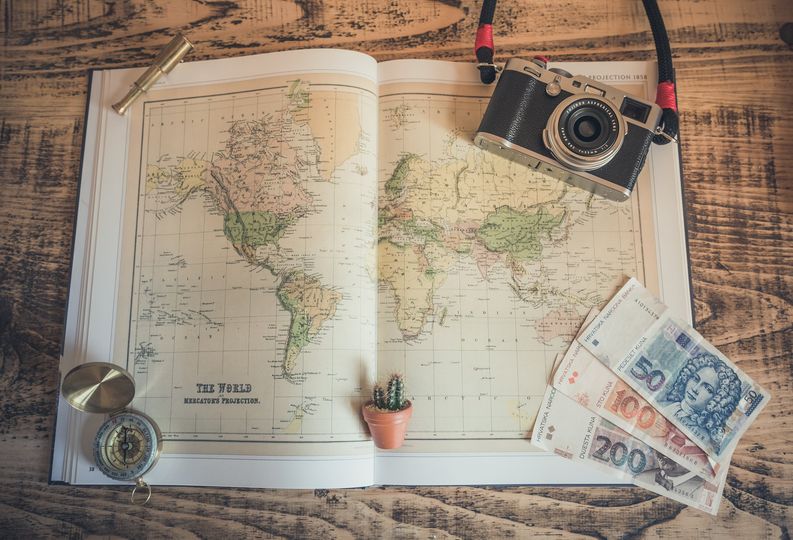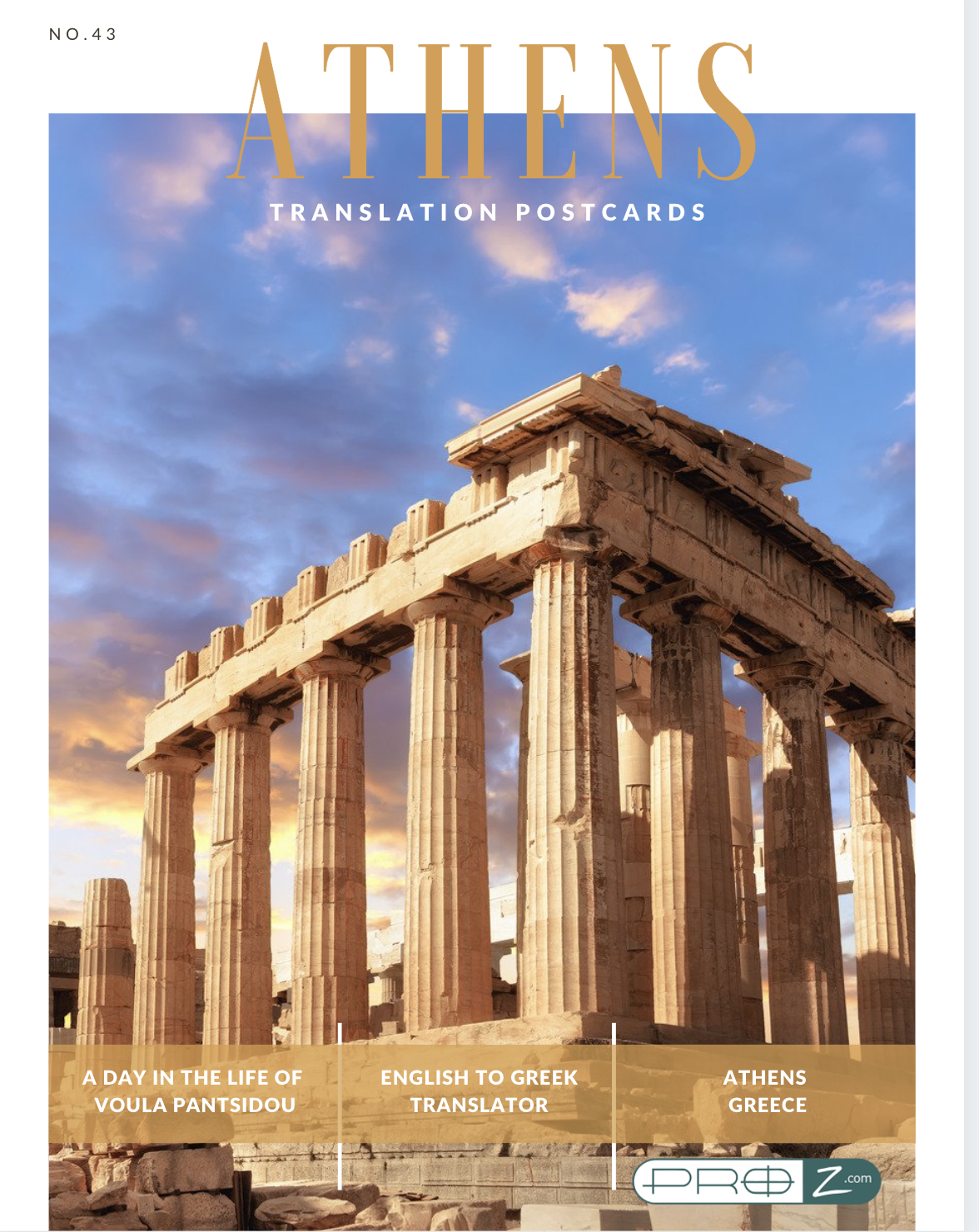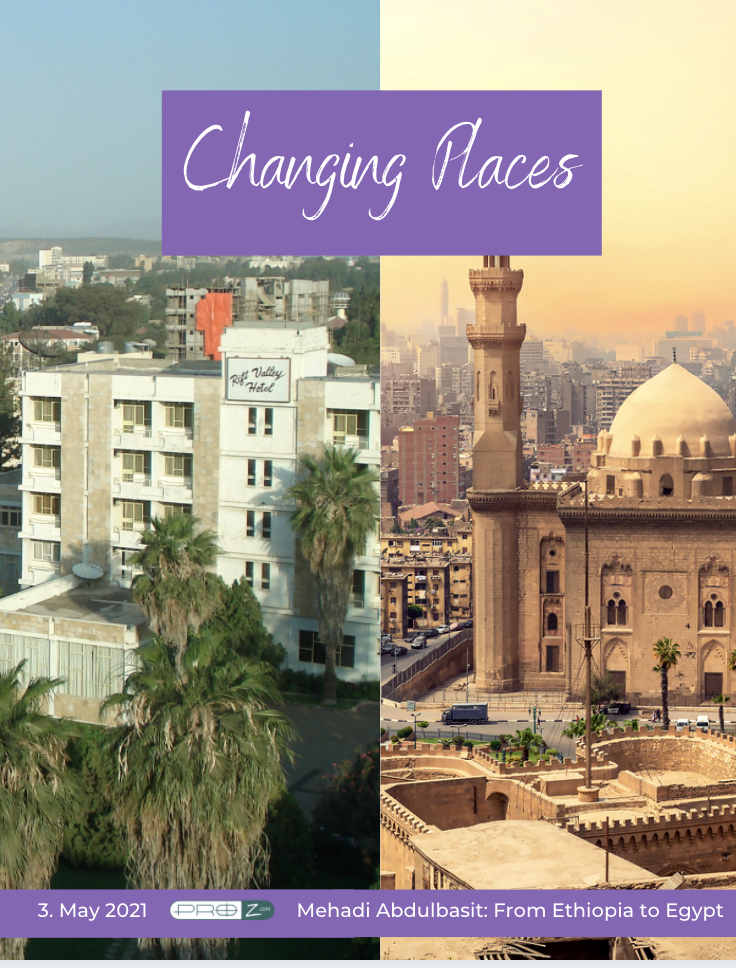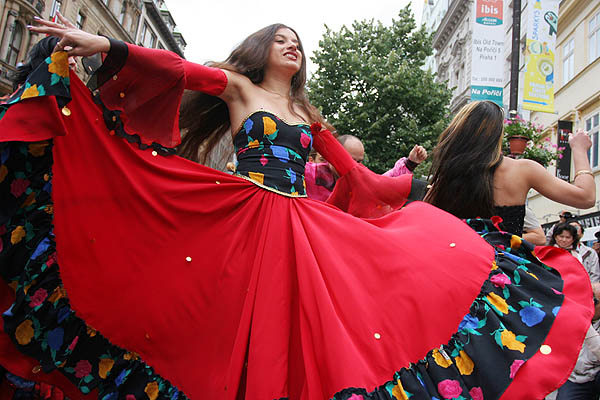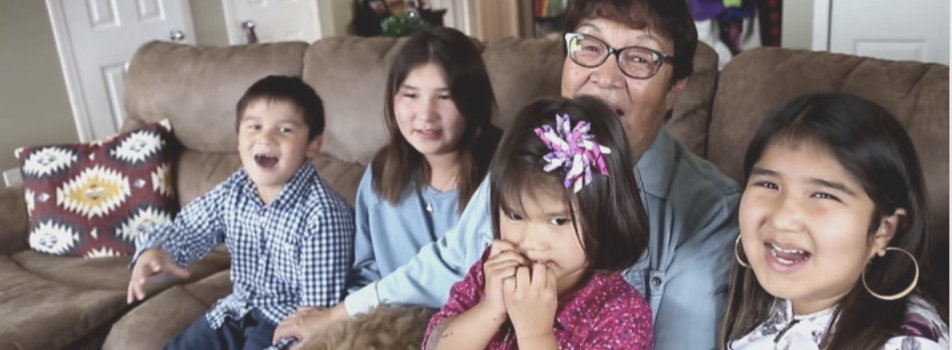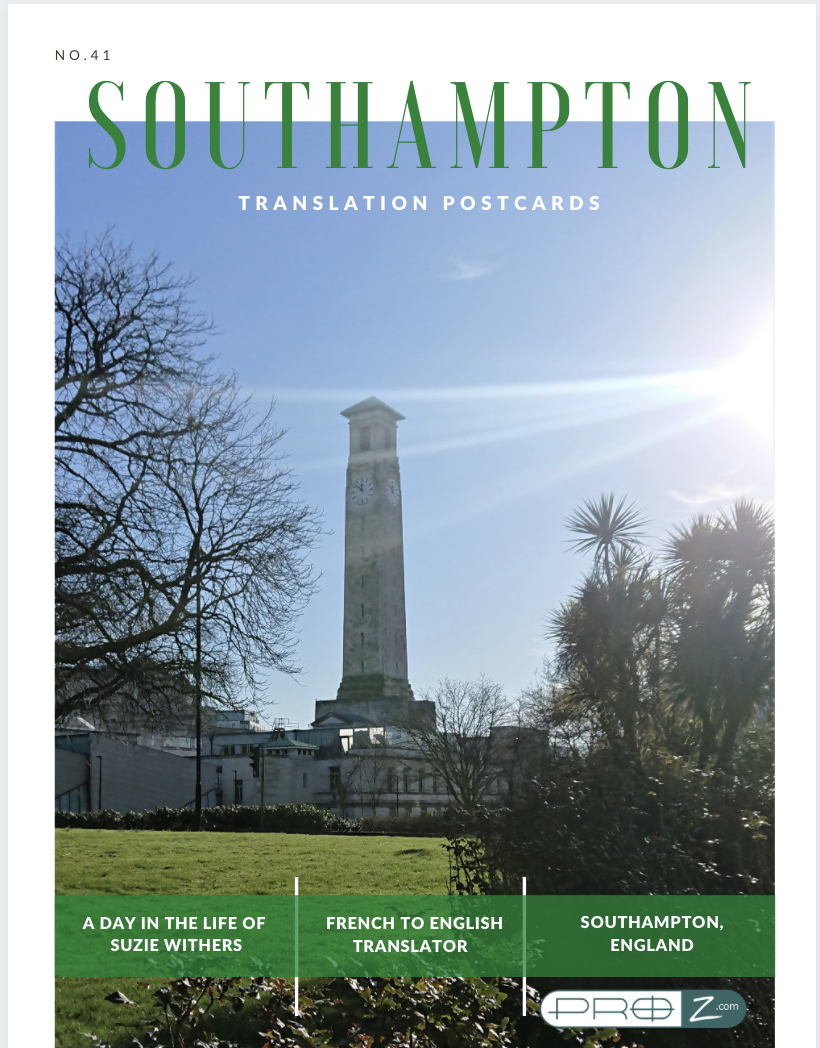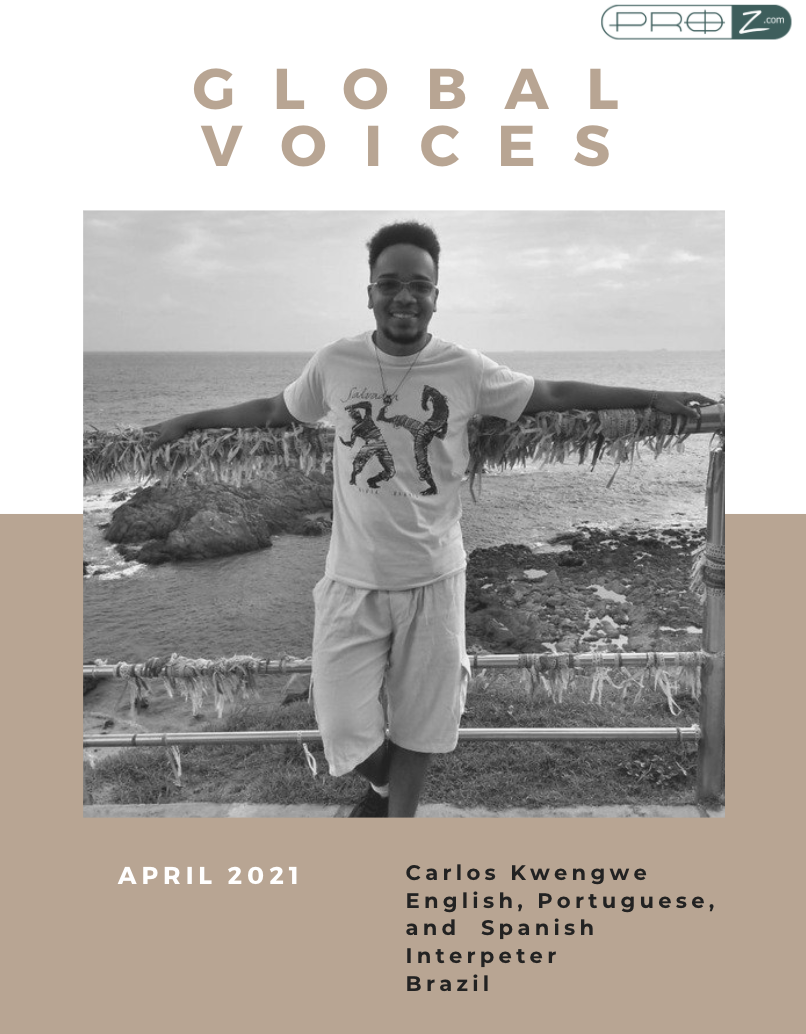There are few cities more tumultuous – and full of contrasts – than India’s capital New Delhi. From the teeming streets and markets to the soaring architecture, from the manicured lawns of the luxury hotels and upper-class districts to the overcrowded markets, from the street eateries to the dazzling array of fine-dining restaurants, and from the twisting and choked narrow streets to impressive boulevards, all set against the cacophonous background of permanent traffic jams, shouts in a dozen Indian languages, and year-round searing heat, while the aroma of curry leaves, pomegranate flowers and roses hovers in the air. The centre for many ruling dynasties down the centuries, Delhi is a palimpsest where history and legacy have left their marks wherever you look. A city of extremes, where the one guarantee is that you’ll never be bored.
Read More


